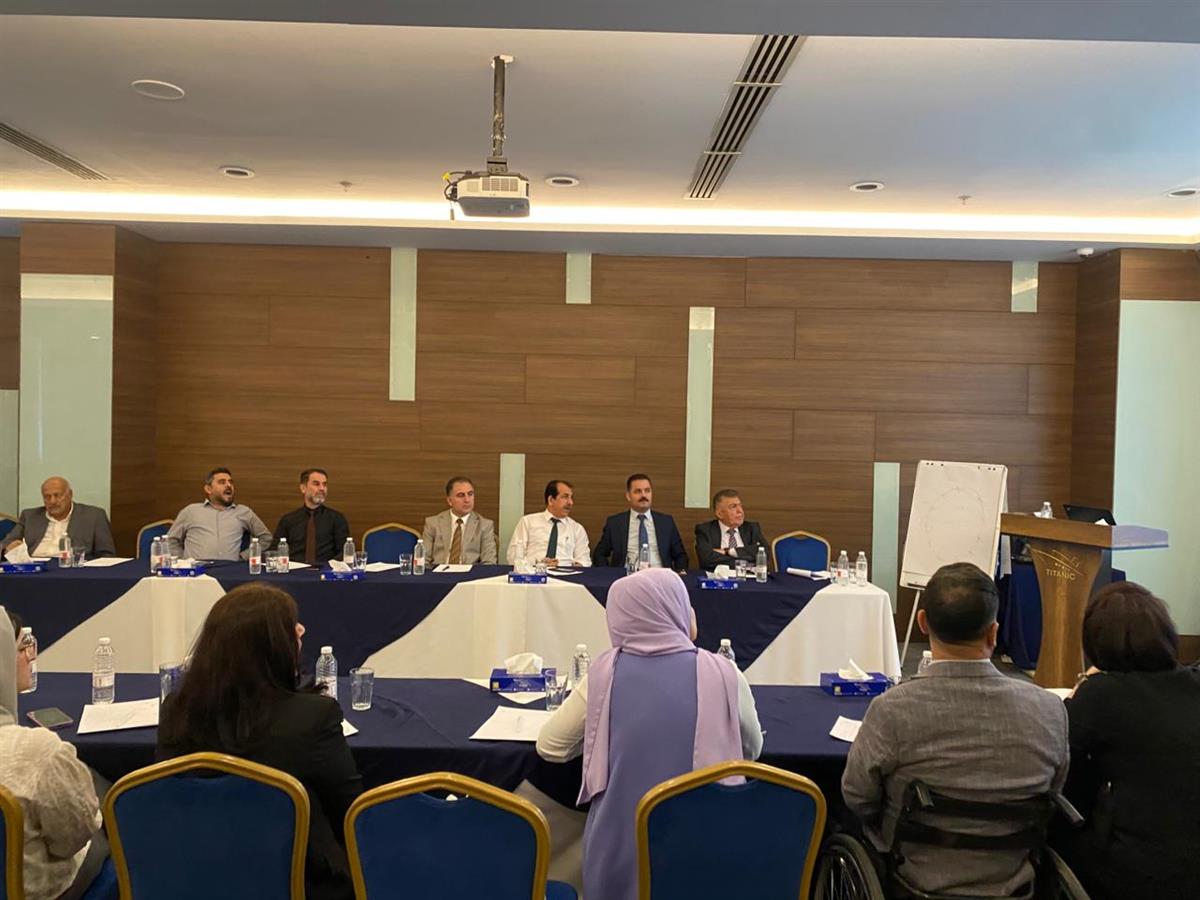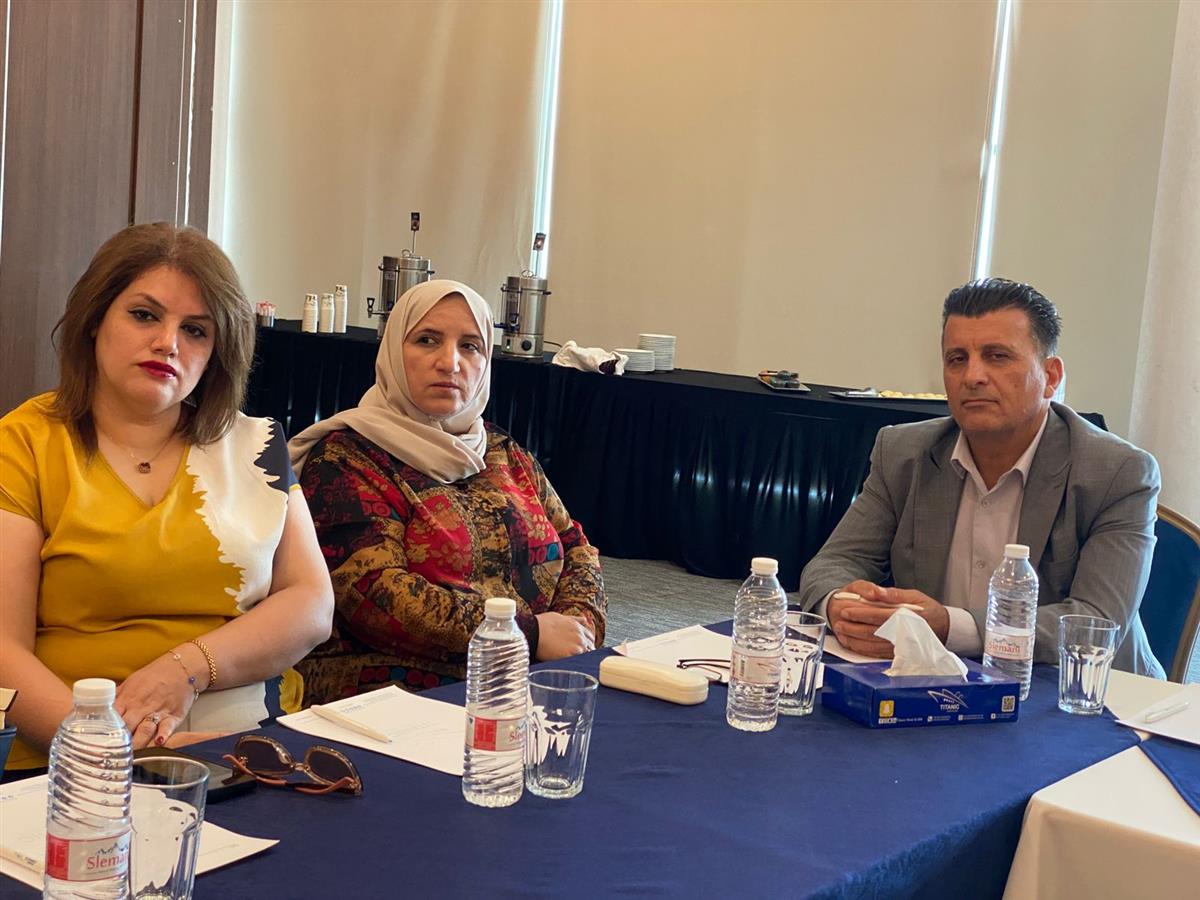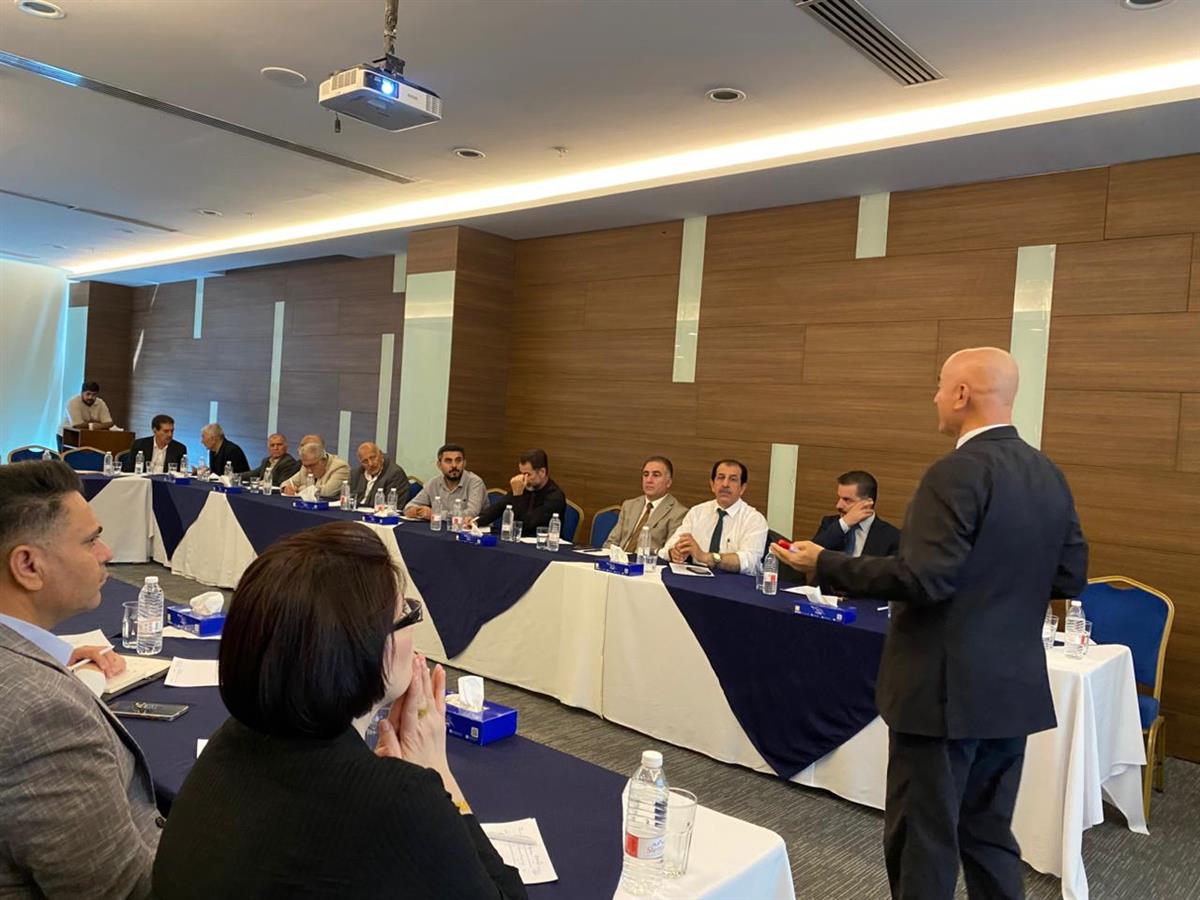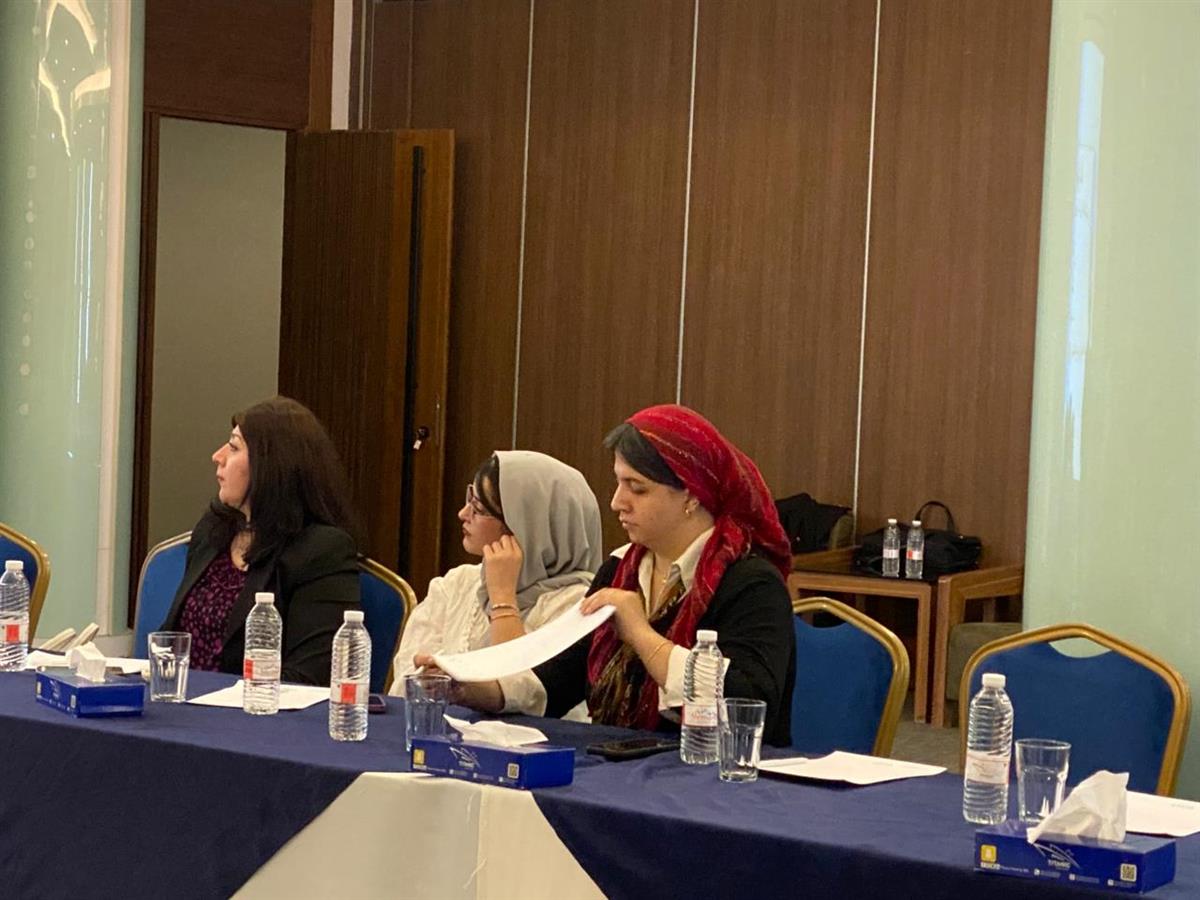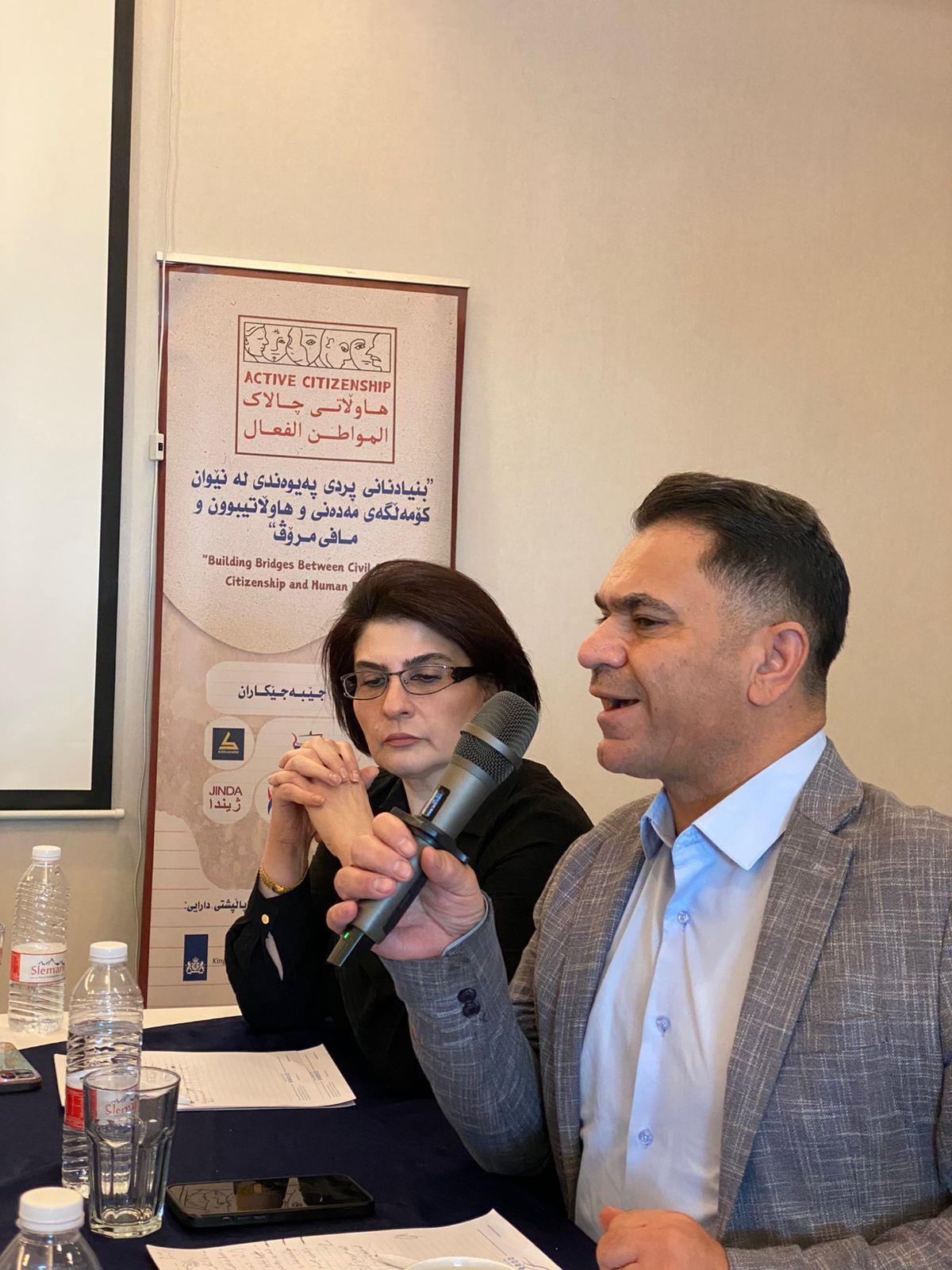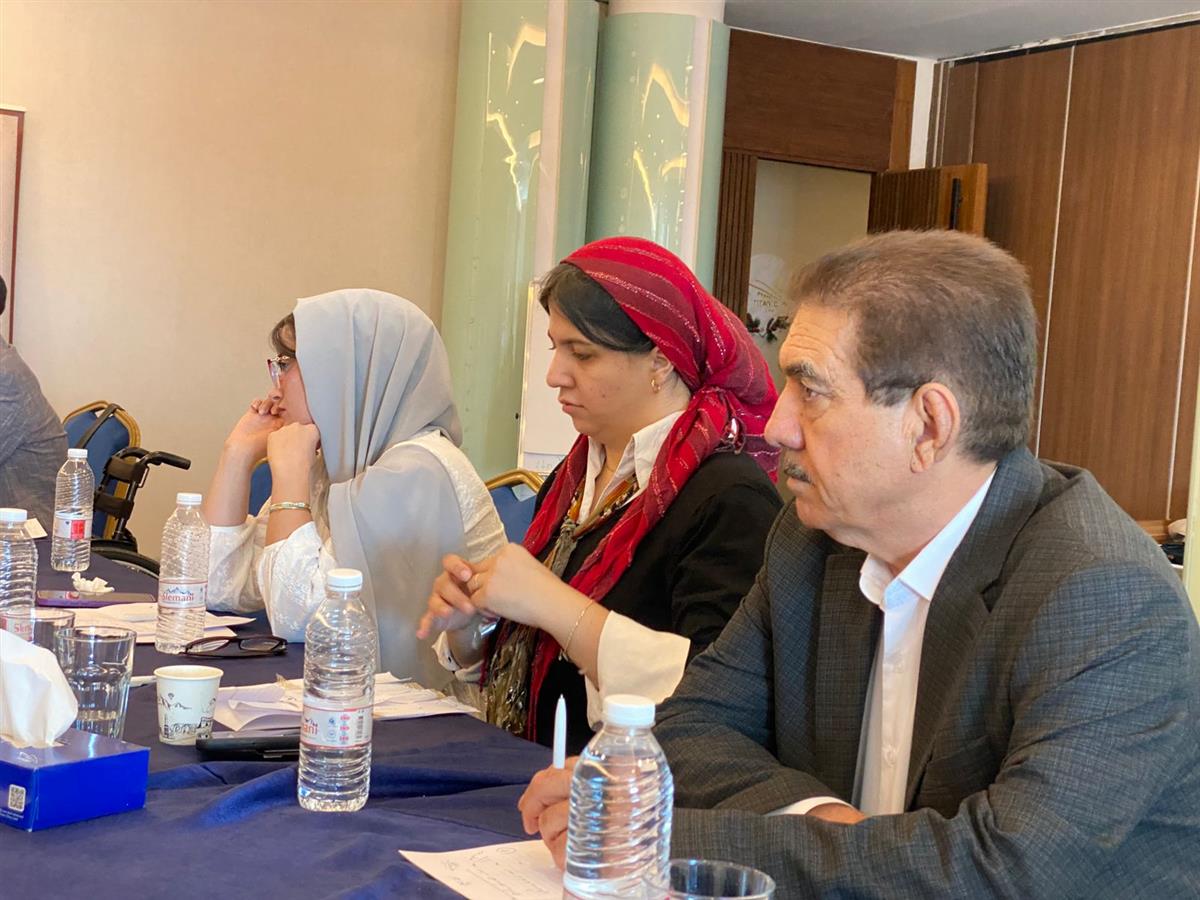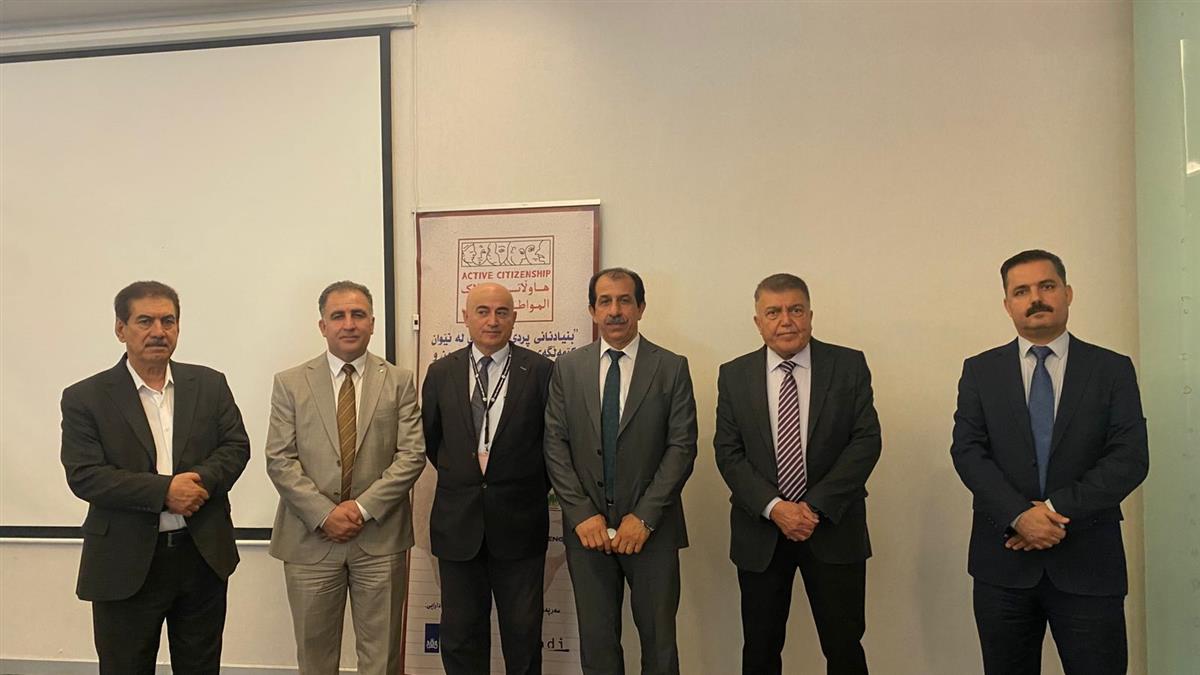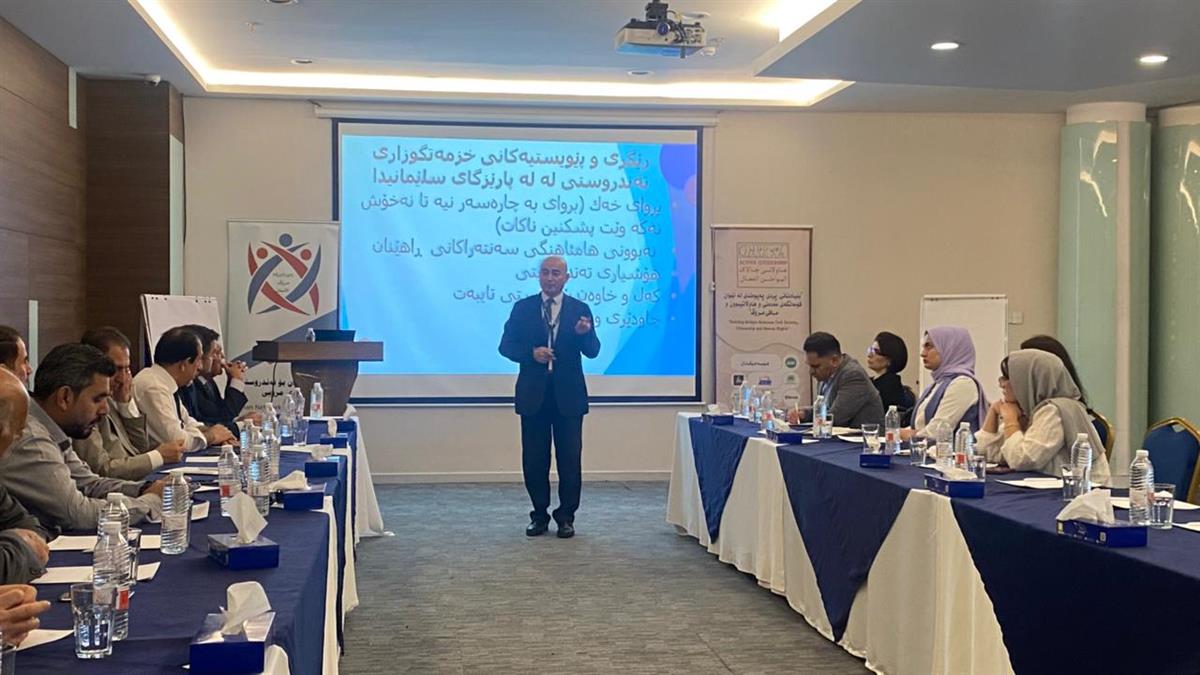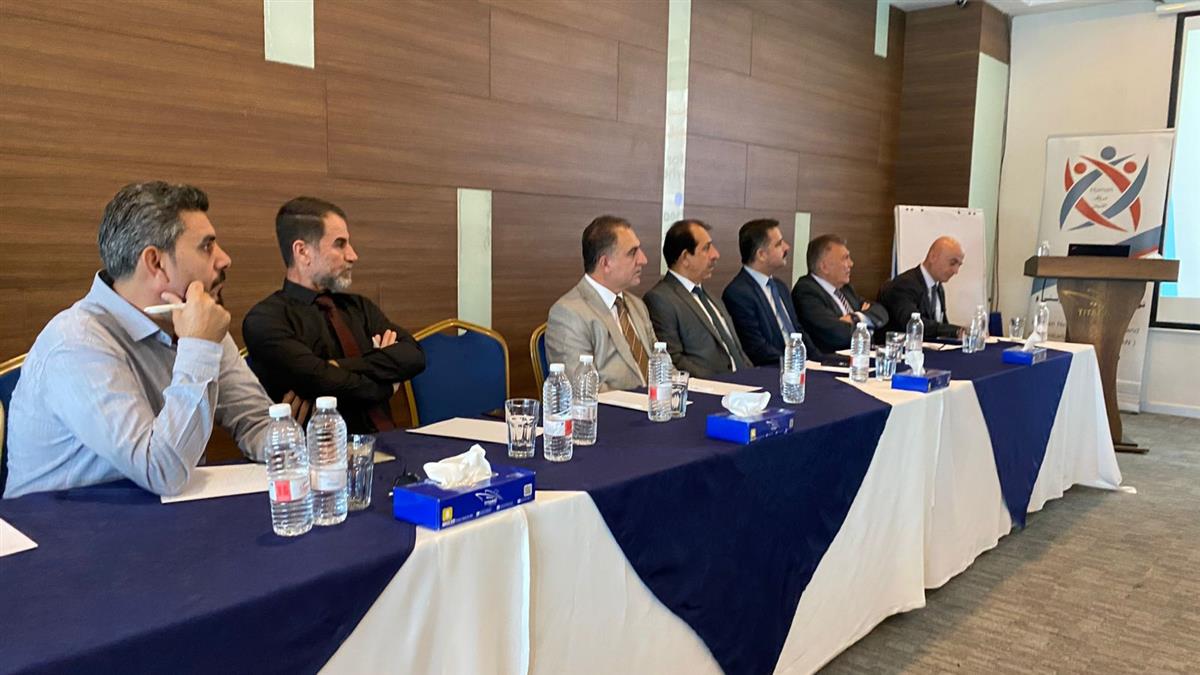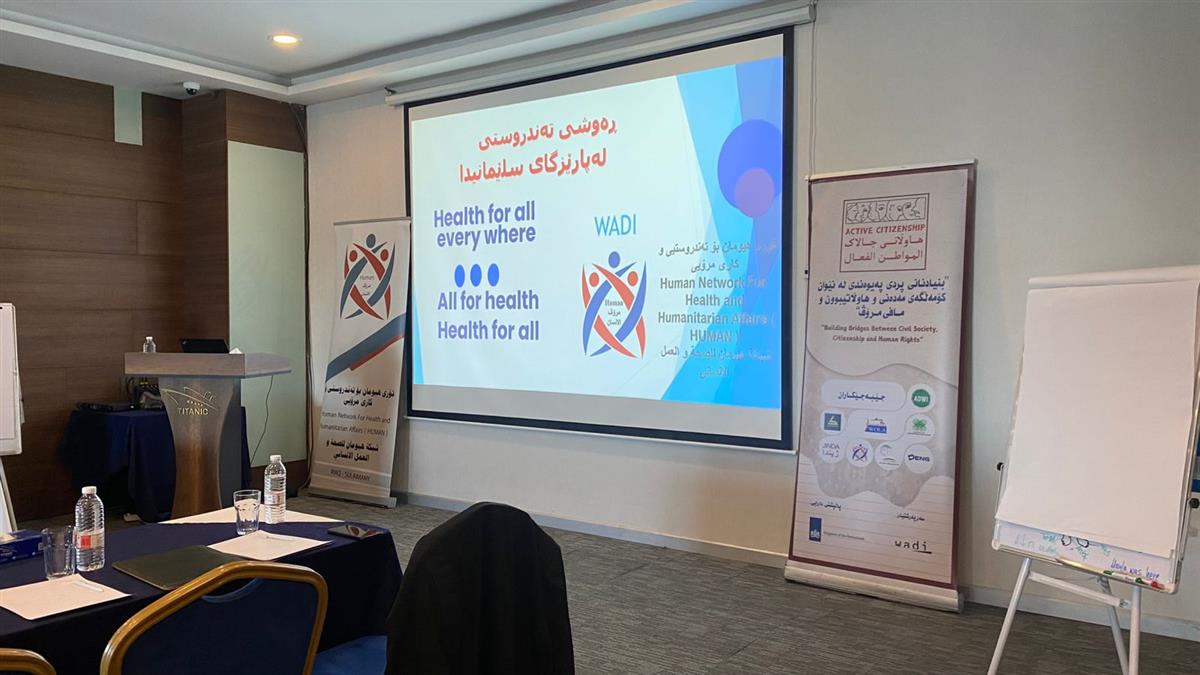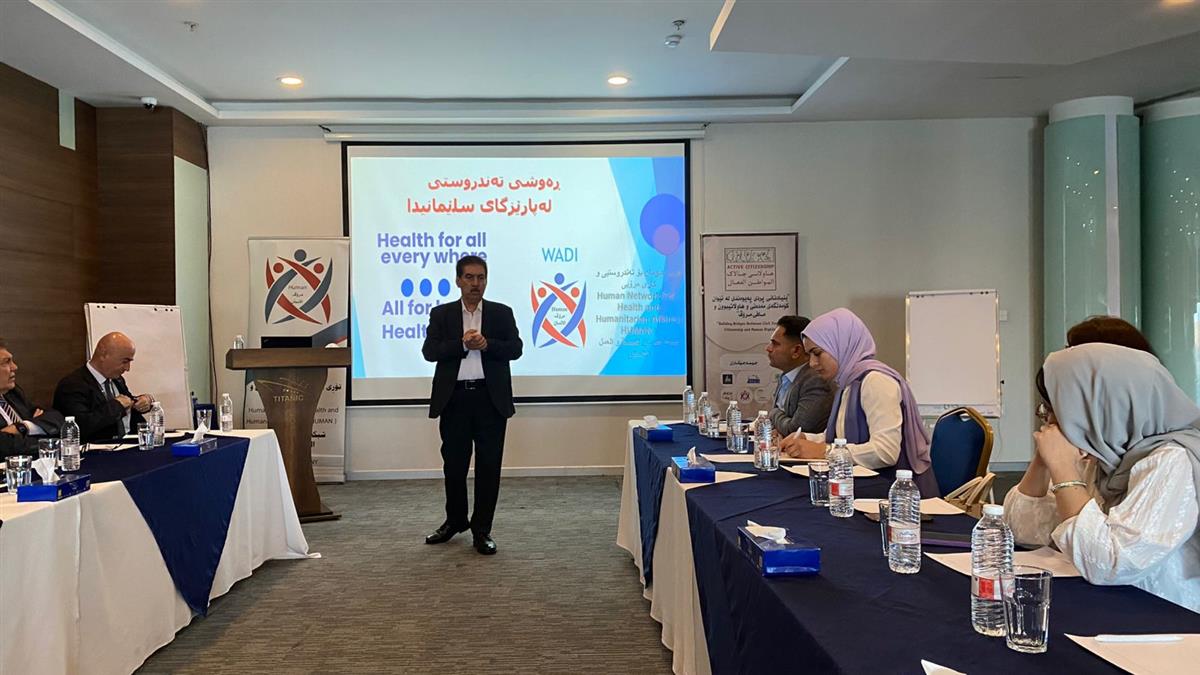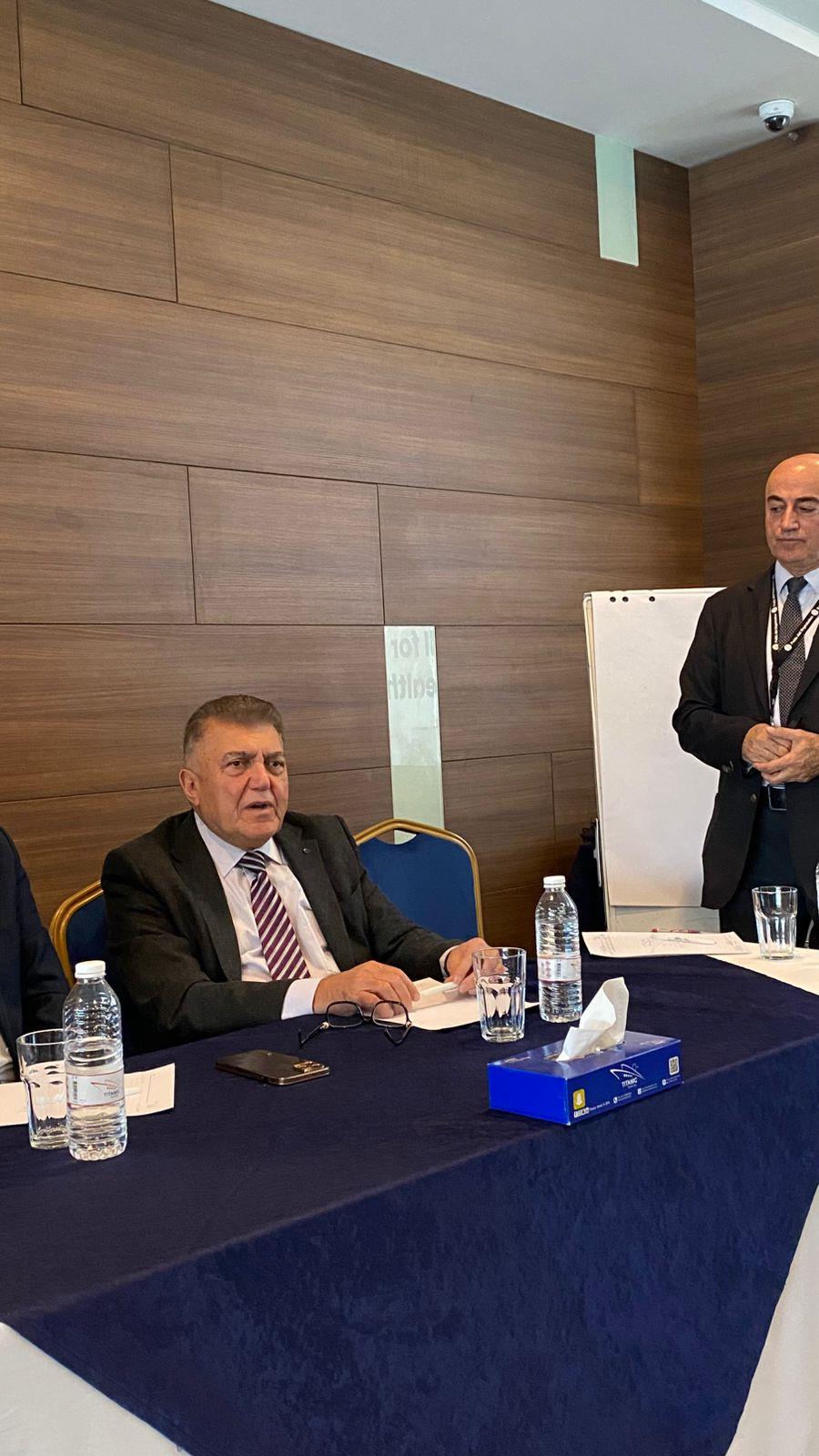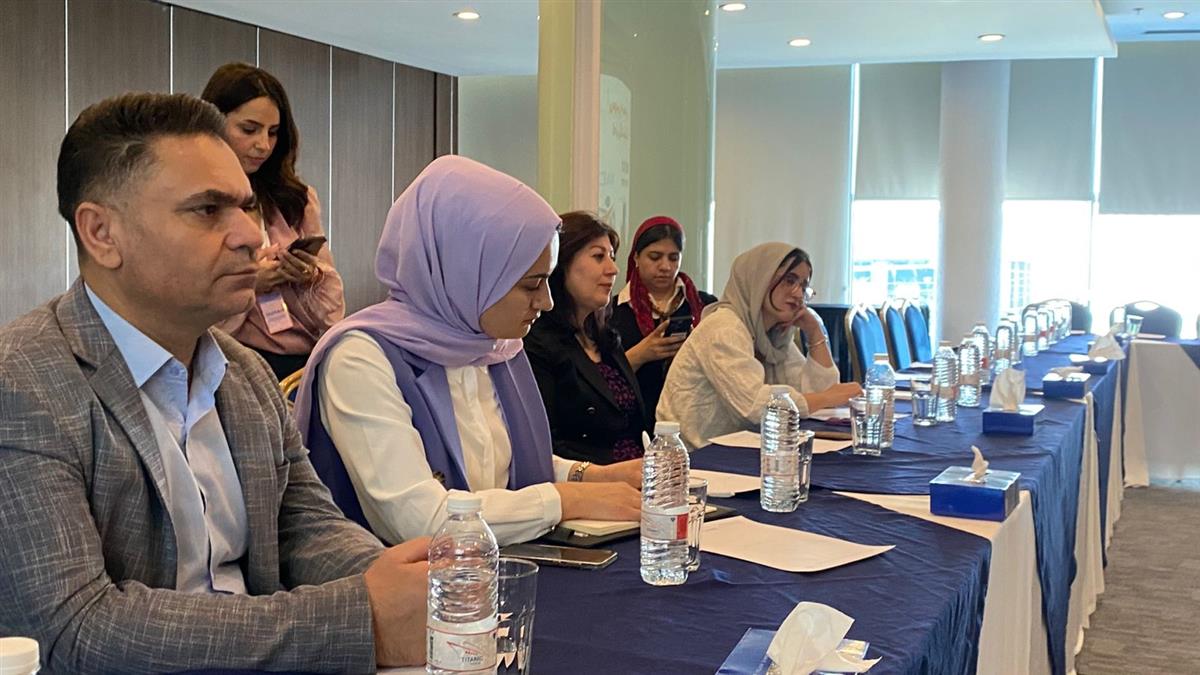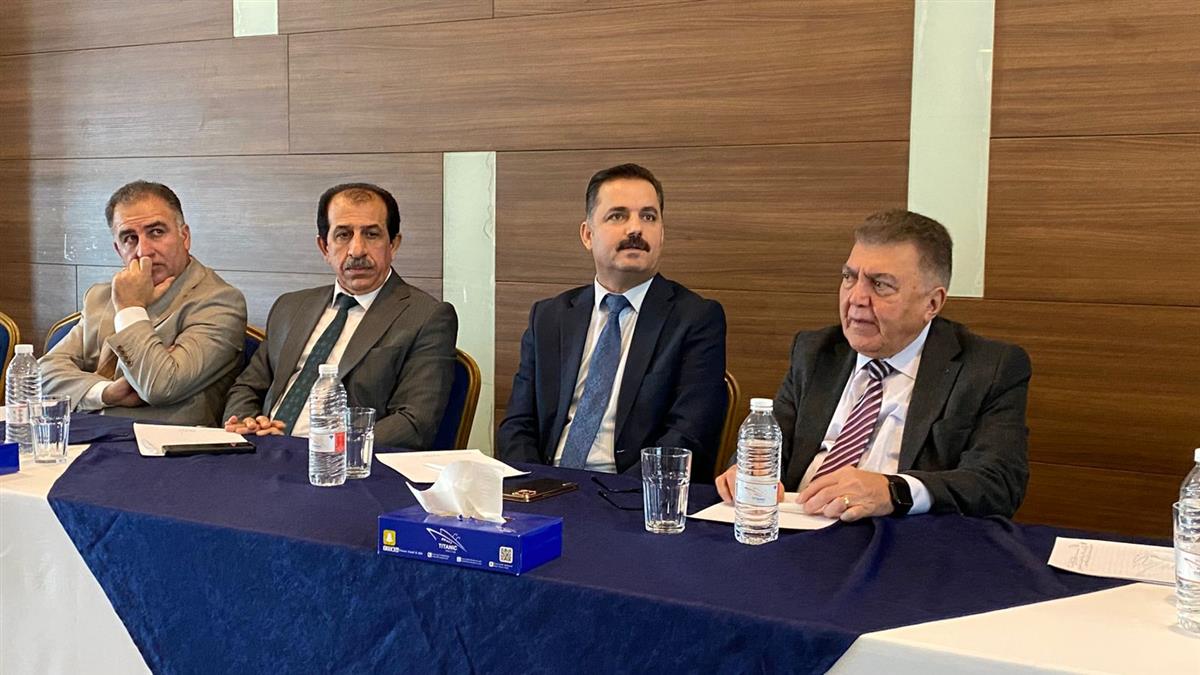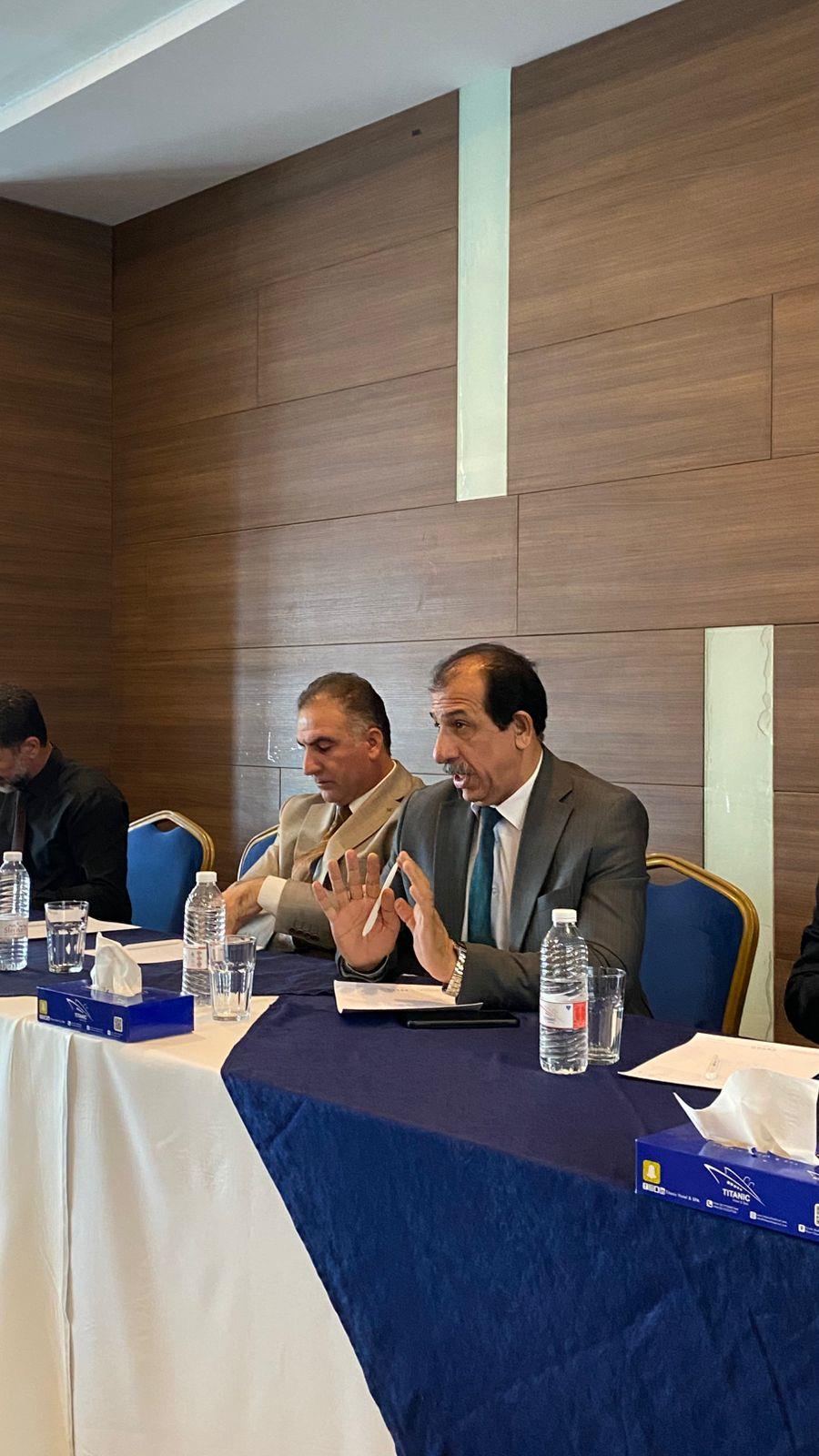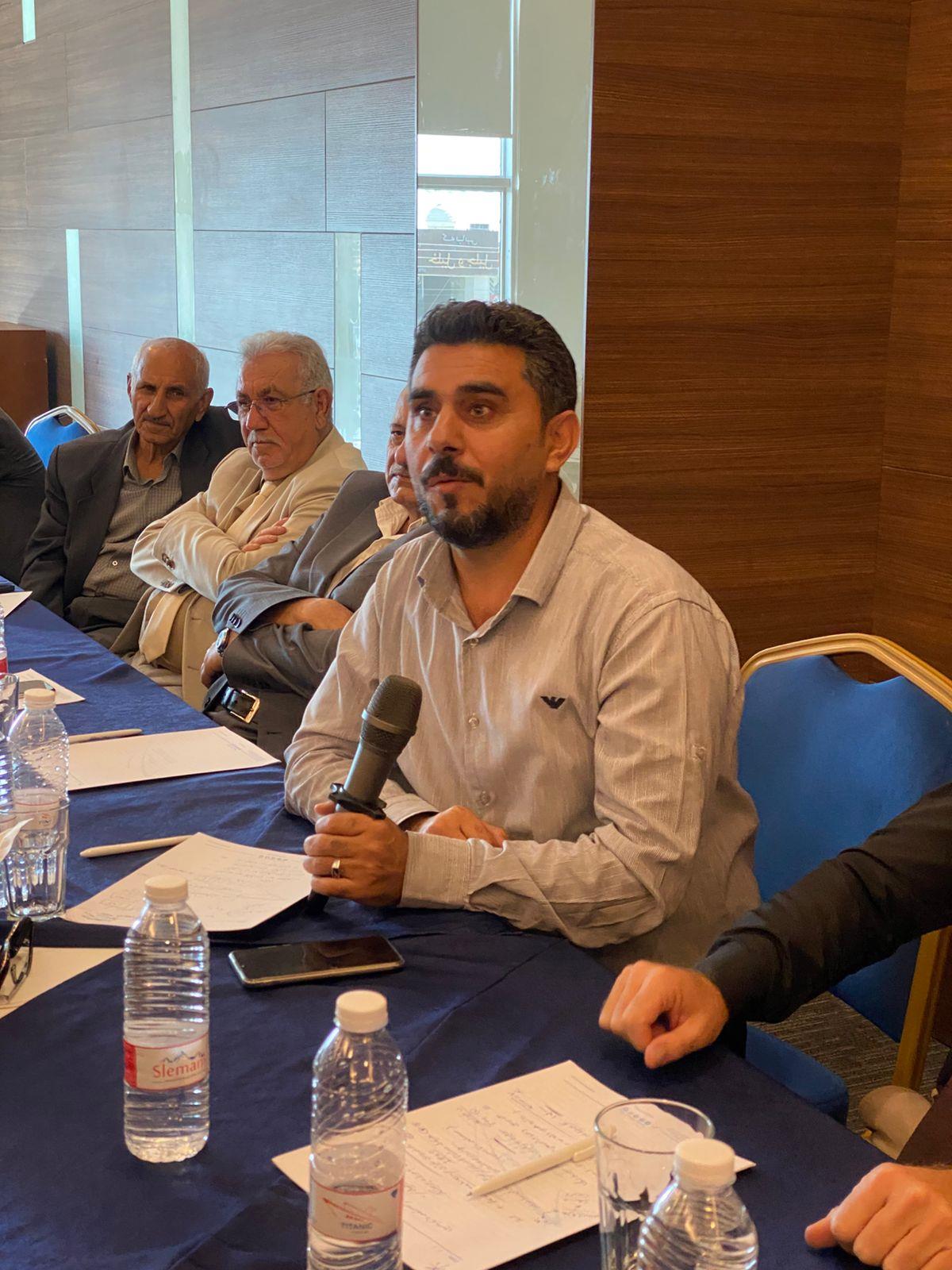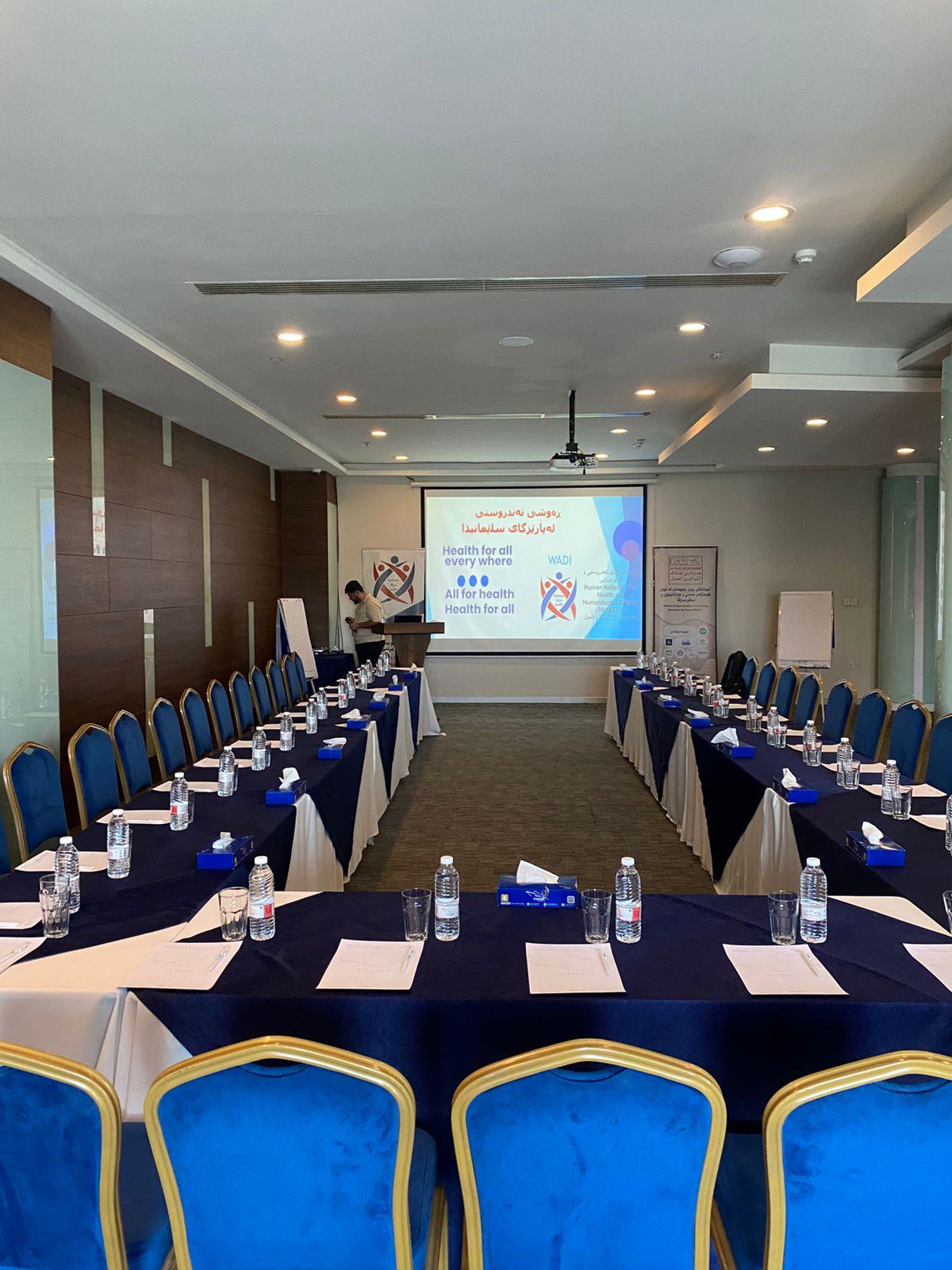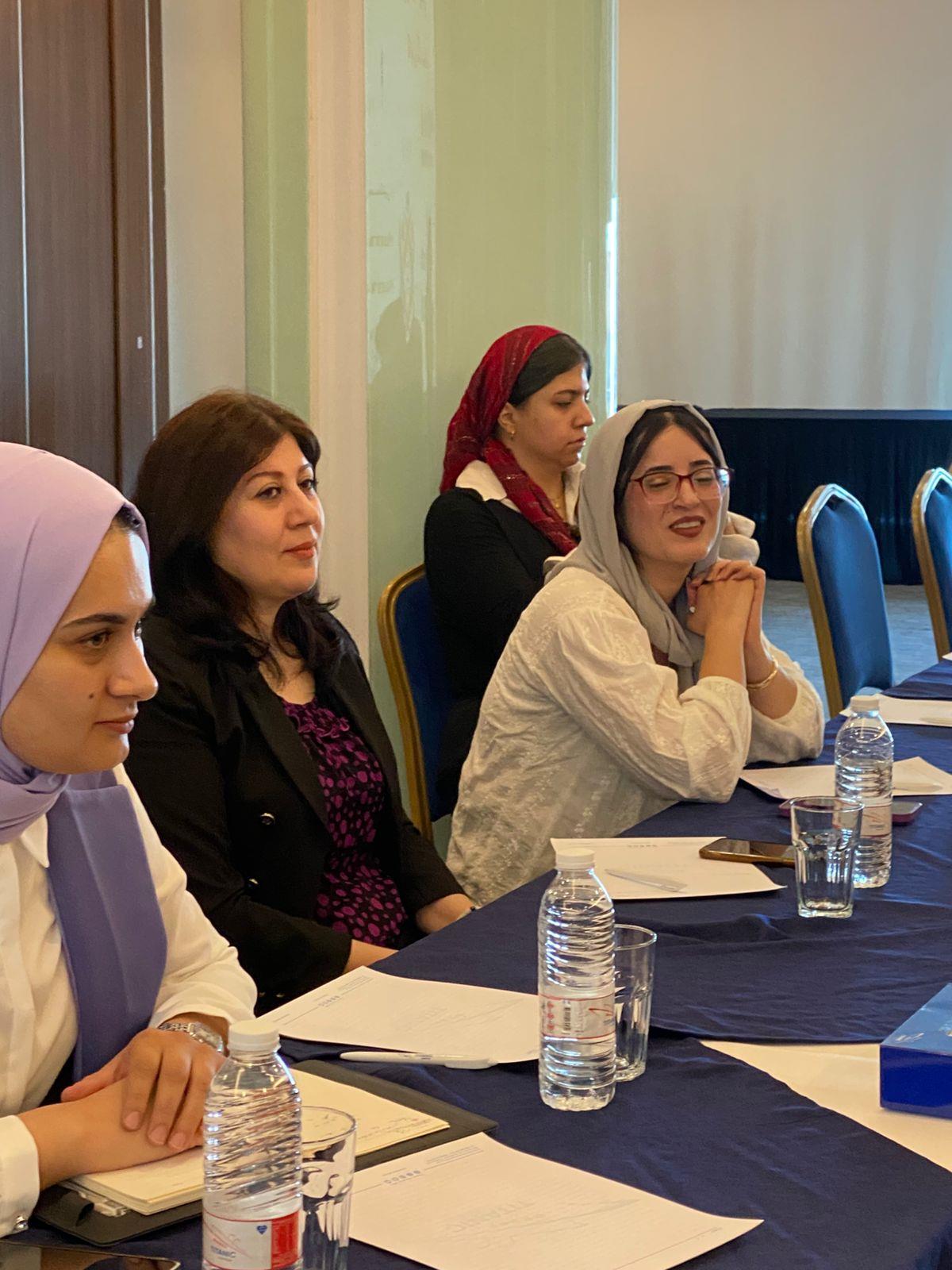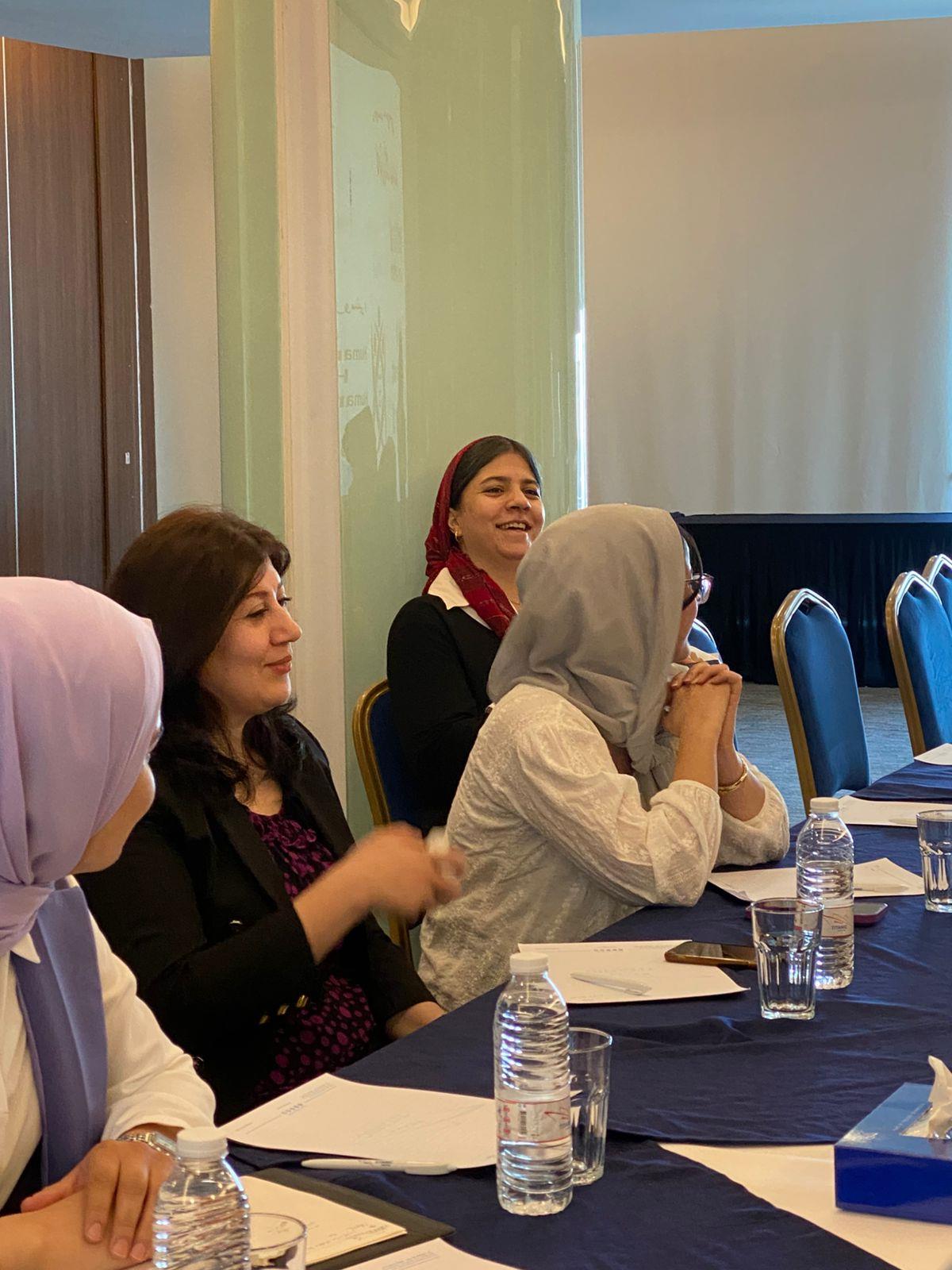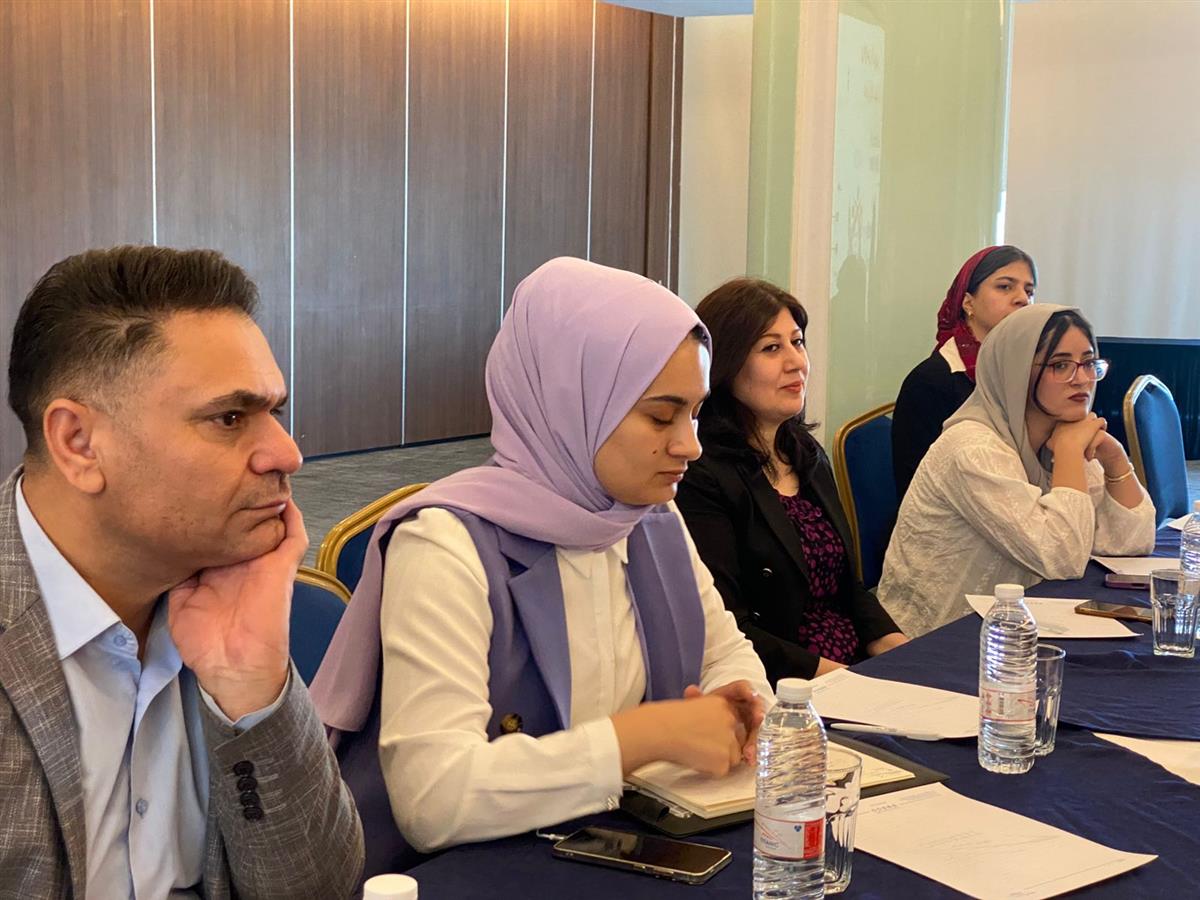Roundtable Meeting on the Health Situation in Sulaymaniyah
2025-10-23
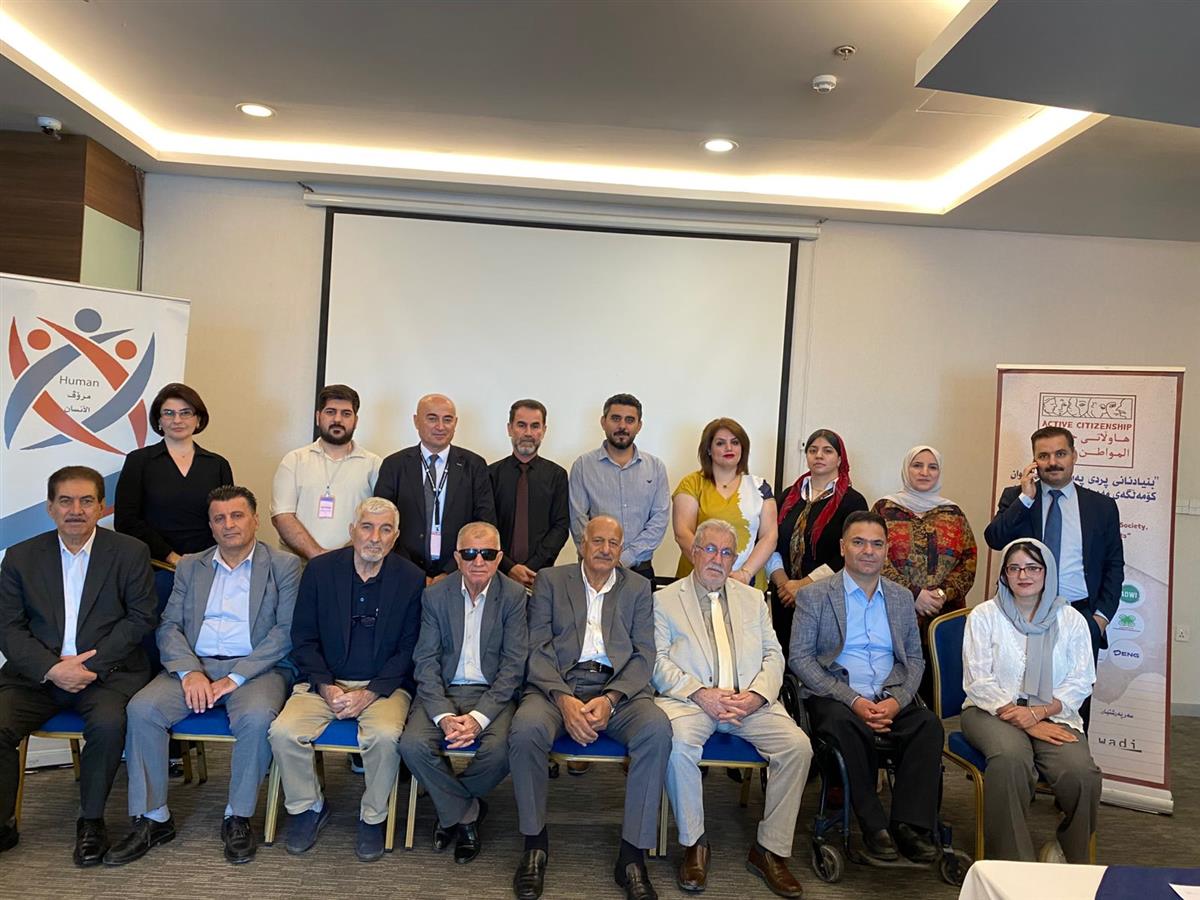
Roundtable Meeting on the Health Situation in Sulaymaniyah
Organized by: Human Network for Health and Humanitarian Action
Location: Titanic Hotel – Sulaymaniyah
Date: October 20, 2025
1. Introduction
The Human Network for Health and Humanitarian Action held a roundtable meeting at Titanic Hotel in Sulaymaniyah on October 20, 2025, with the aim of assessing the current health situation in the governorate, identifying needs and challenges, and exploring ways of collaboration to improve the healthcare conditions in partnership with various stakeholders.
This meeting comes as part of the network’s ongoing efforts to strengthen cooperation between the formal health sector, civil society, and academic institutions to achieve tangible improvements in the quality of health services and expand access to care for all groups, including persons with disabilities, the elderly, and women.
2. Participating Entities
The meeting was attended by representatives from multiple sectors to ensure a comprehensive view of the health situation, including:
• Officials from the health sector, hospitals, and health centers
• Former WHO Representative in Sulaymaniyah
• Doctors and various healthcare professionals
• President of the Health Professions Syndicate in Sulaymaniyah
• Academic representatives from the University of Sulaymaniyah
• Representatives of the Directorate of Labor and Social Affairs
• Representatives of Roz Foundation for Persons with Disabilities
• Representatives of the elderly, retirees, and women
• Local civil society organizations
• Representatives of the German organization WADI
3. Meeting Proceedings
The meeting began with welcoming remarks and a brief introduction of each participating entity, followed by self-introductions to enhance networking and collaboration.
The Human Network then presented a comprehensive report on the health situation in the governorate, addressing:
• Current state of health services: Detailed analysis of both governmental and non-governmental sectors, with focus on hospitals, health centers, and medical staff
• Gaps and needs: Shortage of specialized personnel, pressure on hospitals, weak coverage in peripheral areas, and the need to support vulnerable groups
• General challenges: Poor coordination between services, lack of accurate databases, and significant gaps in mental health and community-based care
• Severe weaknesses in health services, especially in remote areas
• Public shift toward private healthcare due to the poor quality of services in the public sector — increasing financial burden on citizens due to high treatment costs
Following the presentation, an extensive discussion took place, where all participants shared obstacles, exchanged views on possible solutions, and explored collaborative mechanisms between official institutions, civil society, and academia.
4. Key Outcomes & Recommendations
The meeting concluded with several important outcomes and recommendations, including:
1-Formation of a joint follow-up team comprising representatives from various entities to oversee implementation of the recommendations and monitor the health situation.
2-Development of an accurate database covering health institutions, workforce, and urgent needs.
3-Designing an urgent intervention plan to address critical gaps in health services, with priority for remote areas and vulnerable populations.
4-Supporting civil society and international organizations in monitoring, advocacy, and implementation of health initiatives.
5-Developing sustainable support programs for special groups such as persons with disabilities and the elderly, ensuring inclusive access to health services.
6-Strengthening academic cooperation through the engagement of the University of Sulaymaniyah in research studies and continuous training of medical personnel.
5. Next Steps
• Preparing a detailed official report to be submitted to government bodies and international organizations to support decision-making.
• Organizing a follow-up meeting in the coming months to review progress in implementing the outcomes.
• Establishing a monitoring mechanism and performance indicators (KPIs) to ensure regular and effective evaluation of progress.
• Enhancing coordination and communication with international partners to foster sustainable partnerships and funding for health projects.
6. Conclusion
This meeting reflects the Human Network’s strong commitment to fostering genuine partnership between the health sector, civil society, and academia to improve the quality of health services in Sulaymaniyah Governorate. This initiative marks an important step toward building an integrated, inclusive, and sustainable health system — with special focus on those most in need of care and support.
